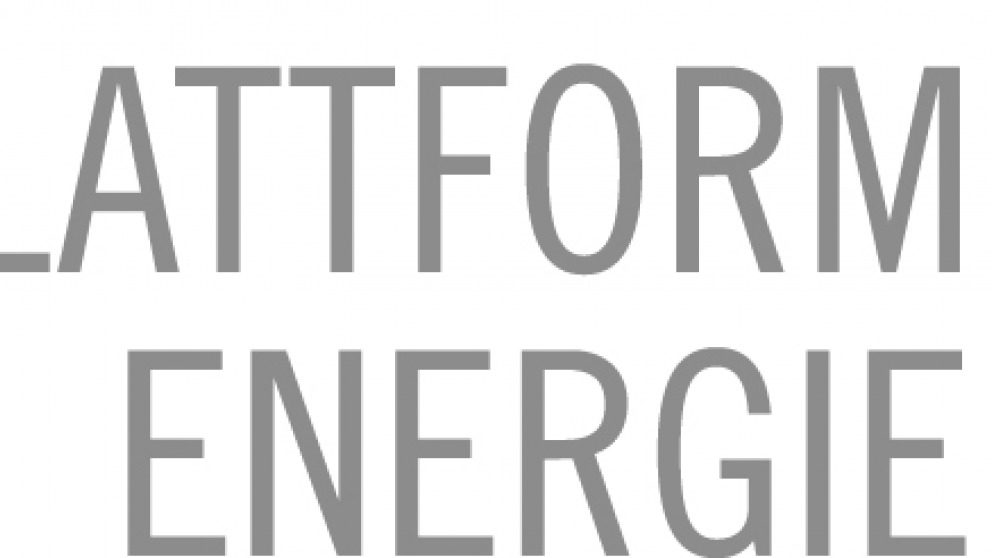A British-German Expert Dialogue on the Future of Electricity Markets
12.03.2013

On 15 March, the IASS and the British Embassy in Berlin convened a meeting of thirty experts from Britain and Germany to discuss the role of renewable energy sources in future electricity markets. Both countries are currently undergoing major transformations in their electricity systems. The German Energiewende with the rapidly expanding share of renewables has led to a need to amend its successful feed-in tariff legislation to meet emerging challenges, both in terms of affordability and system integration. The British emphasis on a low-carbon economy is supported by an on-going legislative process for an extensive electricity market reform, most notably with the introduction of so-called Contracts for Difference for all low-carbon technologies. In spite of the obvious differences concerning nuclear energy and carbon capture and storage, the discussion made apparent that as far as renewable energies are concerned, Germany and the UK also share many similarities. Both countries can learn a lot from each other’s experiences and thinking on the future support schemes and market designs.
The event “Renewable Energies and Electricity Market Design – Squaring the Circle?” at the British Embassy was opened with statements from the IASS Executive Director, Professor Klaus Töpfer, and from key officials from the responsible ministries in both countries, Hugh McNeal from the UK Department of Energy and Climate Change and Franzjosef Schafhausen from the German Federal Ministry for the Environment. Further food for thought for the exchange of views was provided by interventions from Dr. David Jacobs from IASS Potsdam and Dr. Corinna Klessmann from Ecofys, both of these presentations can be downloaded below.
One of the main themes of the discussion was the increasing need felt in both countries for a fair distribution of costs in the future development of renewable energy sources. This also requires new thinking on the trade-offs between investment security and risks for the capital-intensive renewables industry. Volatile prices have in the past led to excessive rents and windfall profits in the system. In the future, the entire energy system needs to be made more flexible and at the same time ensure that not only the costs, but also the benefits of the investments are brought to the consumers. With its current reform, the UK is moving away from a quota model, thus reflecting the general trend in Europe towards a bottom-up convergence of support schemes. Even without a top-down European harmonisation, there are more and more mixed systems combining feed-in tariffs with market-premium elements. All present models, however, face similar challenges in terms of integrating wind and solar into existing market structures, given their weak ability to react to price signals.
Finally, there was common agreement on the need to intensify this British-German discussion and coordination in the months ahead. In addition to mutual learning from national solutions, this also includes common European topics, such as the future of the emissions trading scheme and the development of the 2030 energy and climate targets of the European Union.
Presentations